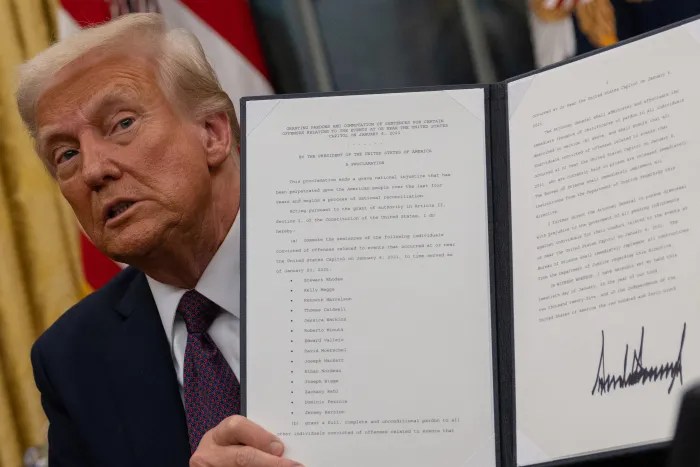The United Nations says Jamaica will on Tuesday co-convene a UN High-Level Meeting of finance ministers on options to address the economic challenges arising from the coronavirus (COVID-19) pandemic and sustainability.
“Ministers of finance will come together at a High-Level Meeting of finance ministers and provide their views on a menu of policy options to address the urgent financing for development crisis due to the COVID-19 pandemic,” the UN said in a statement.
It said these options will be further refined and presented to world leaders at a follow-on High-Level Meeting of Heads of State and Government on Sept. 29.
The UN said the meeting of finance ministers, convened by the UN deputy secretary-general and the finance ministers of Canada and Jamaica, “aims to present a single ambitious menu of policy options to recover from the current crisis in the short term, and mobilize the measures and financial resources to achieve the 2030 Agenda and its Sustainable Development Goals (SDGs) and build the resilience and sustainability of countries and the global financial architecture in the long term.”
The UN said the discussions are “a key follow-up” in a process initiated by United Nations Secretary-General António Guterres, the Prime Minister of Canada, Justin Trudeau and the Prime Minister of Jamaica, Andrew Holness, on May 28 “to sharpen and accelerate our global response to the significant economic and human impacts of COVID-19, and advance concrete solutions” to what has aptly been described by the Secretary-General as the world’s “first development emergency.”
“This pandemic requires a large-scale, coordinated, comprehensive multilateral response to support countries in need, enabling them to recover better for more prosperous, resilient and inclusive economies and societies,” the UN said.
Following the May event, it said six discussion groups have been established to consider options on areas for urgent action and to mobilize the financing needed for the response and recovery.
The discussion groups proposed concrete actions and policy recommendations in External finance and remittances, jobs and inclusive growth; recovering better for sustainability; global liquidity and financial stability; debt vulnerability; private sector creditors engagement; and illicit financial flows.
The UN said each group, which met at least three times in July and August 2020, was co-led by up to four member states and regional organizations, and comprised of dozens of participating member states, many represented by ministries of finance, as well as more than 50 institutional partners – international financial institutions, international organizations, private sector and civil society representatives, think-tanks and academic institutions.
The groups received further logistical, technical and substantive support from 20 specialized UN entities, funds and programs, as well as regular input from United Nations Country Teams to ensure relevance and accuracy, the UN said.
It said experts and renowned thought-leaders convened during a Roundtable of Experts held on Aug. 19 also provided “valuable inputs, which were incorporated into the outcomes.”
The UN said group co-leads met on several occasions to ensure coordination and coherence across the outcomes of different groups.
It said more than 50 of the world’s top experts in their fields were also invited to review the menu of options “to infuse scientific accuracy and innovative, cutting-edge research into the outcome.”

























